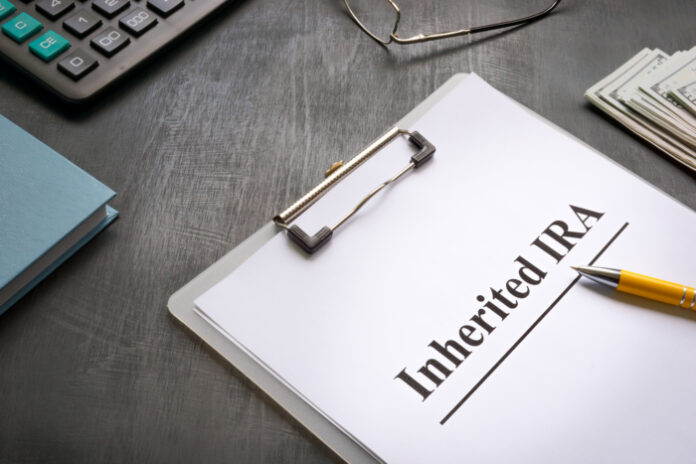IRA or an Individual Retirement Account is a savings account where an individual can set aside money for retirement. The account is managed by the individual and not by an employer. The money in the account is not taxed until it is withdrawn.
An inherited IRA is an IRA that is passed on to a beneficiary after the death of the account holder. The beneficiary can be a spouse, child, or another relative. The beneficiary can choose to keep the IRA, cash it out, or roll it over into another retirement account.
Like other retirement accounts, an inherited IRA is subject to taxes. The beneficiary will owe taxes on any money that is withdrawn from the account. The tax rate will depend on the type of IRA and the age of the beneficiary.
If you are the beneficiary of an inherited IRA, here are five tips on how to manage the taxes:
1. Know the difference between a traditional IRA and a Roth IRA
The first thing you need to know is whether the inherited IRA is a traditional or Roth IRA. Traditional IRAs are funded with pre-tax money, meaning that you haven’t paid taxes on the money going into the account. When you take money from a traditional IRA in retirement, those withdrawals are taxed as ordinary income.
In contrast, Roth IRAs are funded with after-tax dollars. That indicates that you’ve already paid taxes on the money going into the account. And when you take distributions from a Roth IRA in retirement, those withdrawals are tax-free.
2. Know the rules for inherited IRAs
If you’ve inherited a traditional IRA, you’re generally required to start taking distributions from the account starting in the year after the original owner’s death. The amount of the distribution is based on your life expectancy, as determined by IRS tables.
If you’ve inherited a Roth IRA, the rules are different. You’re not obligated to take distributions from a Roth IRA at all. However, if the original owner was taking distributions from the account (known as Required Minimum Distributions, or RMDs), you’ll need to continue taking those distributions after their death. The RMD rules for inherited Roth IRAs are the same as for traditional IRAs.
3. Consider rolling the IRA into your own account
If you’ve inherited a traditional IRA, you may want to consider rolling it into your own IRA. This has a few advantages.
First, it allows you to keep the money in the tax-deferred status of an IRA. Second, it allows you to put off taking distributions from the account until you’re older (and presumably in a lower tax bracket).
There are some restrictions on rolling over an inherited IRA, so be sure to check with a tax advisor before doing so.
4. Consider converting the IRA to a Roth IRA
If you’ve inherited a traditional IRA, you may also want to consider converting it to a Roth IRA.
This has the advantage of making all future distributions from the account tax-free. However, it also has the disadvantage of being taxed as ordinary income in the year that you convert.
So, whether or not converting makes sense for you depends on your tax situation. Again, be sure to check with a tax advisor before making any decisions.
5. Get professional help if you need it
If you’re inheriting an IRA, it’s important to get professional help to make sure you’re handling the account correctly. There exist various rules and regulations that apply to inherited IRAs, and it can be difficult to keep track of everything.
A financial advisor may assist you in understanding the rules and making sure you’re taking the right steps with your inherited IRA.
Manage Your Inherited IRA in the Most Tax-Effective Way Possible
When a loved one passes away, no one wants to think about taxes, but it’s important to understand what you need to do in order to manage an inherited IRA.
By following the five tips presented in this article, you can help ensure that your inherited IRA is managed properly and that the taxes are taken care of.
Find a Home-Based Business to Start-Up >>> Hundreds of Business Listings.















































